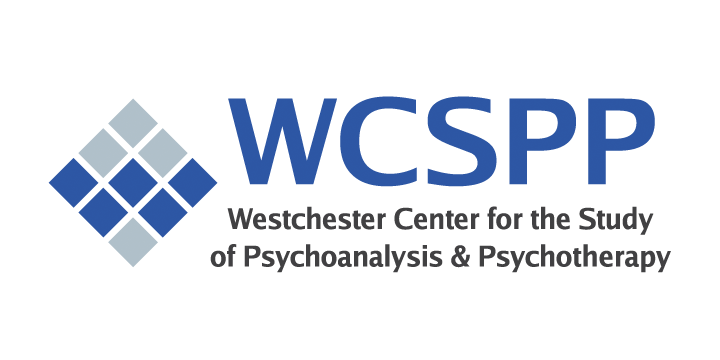
- This event has passed.
WCSPP Annual Conference: Language in Psychotherapy
3 CE credits for most NY and CT Licenses (pending)
OVERVIEW: WCSPP’s November 2023 Conference showcases two new papers by noted thinkers writing today about psychoanalysis and language, Donnel Stern and Jeanine Vivona, whose biographies, including the range of their published work, appear below.
Language, imagination and the interpersonal Field
Paper presented by Donnel B. Stern, PhD
How should we describe the transformation of unformulated experience into language— not only into verbal language but also into the broader forms of meaning we can call semiotic (nonverbal imagery, meaningful enactive patterns and procedural representations)? Long ago (Stern, 1983, 1997), I described the crucial ingredient in this process as imagination. Now I revisit this subject, characterizing imagination as the preserver
of spontaneity, freshness and vitality in language, created by the freedom of the interpersonal field to take on configurations responsive to the affective needs of the field’s participants. I then argue that dissociative enactment can be understood as what Levenson calls “semiotic incompetence,” a failure of language or a compromise of “relational freedom” (Stern, 2015) reflecting constraints and stiffness within the field.
Experiencing imagination: The Birth of Meaning in Parent-infant Talk
Paper presented by Jeanine M. Vivona, PhD
We tend to think of language as an external system that we must use to convey our inner worlds. Yet, as Hans Loewald knew, language is also an inner system, one that is learned from particular others in specific lived moments, one that is idiosyncratic and imbued with personal history. Every person’s language enacts and conveys the ways that person has experienced the potentials of language for imagining and construing self and world. This deeply personal imagining of self and world is what we encounter when we engage in the therapeutic talking that is psychoanalysis.
In this paper, I explore the early roots of this idiosyncratic imaginative capacity of language as seen in the ways that parents speak with their infants. An exploration of both individual and cultural differences in early language experience enriches our understanding of the meanings that are inherent in psychoanalytic talking.

